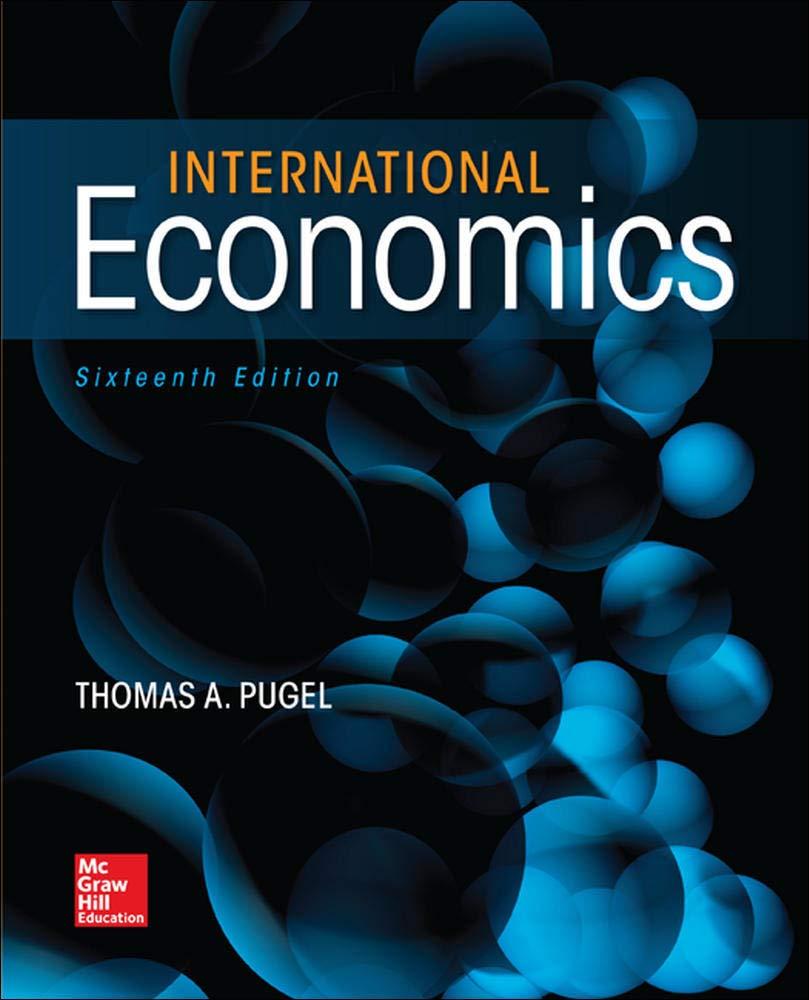Question
1. One factory owner and 2 citizens lobby the government about clean water regulation. Each can choose not to lobby or devote exactly 1 hour
1. One factory owner and 2 citizens lobby the government about clean water regulation. Each can choose not to lobby or devote exactly 1 hour to lobbying. One hour of lobbying costs $100. If clean water regulation is implemented, then each citizen receives payoff of 175 and the factory owner receives payoff of 0 (net of their lobbying costs). If the regulation is not implemented, then each citizen receives payoff of 0 and the factory owner receives payoff of 250 (net of their lobbying costs).
Whether the regulation is implemented depends on how much each side lobbies. Let C1 be how much citizen 1 lobbies, C2 be how much citizen 2 lobbies, and F be how much the factory owner lobbies (i.e., each of these takes value of either 0 or 1). If the citizens lobby C = C1 + C2 hours and factory owner lobbies F, then the government regulates water with probability
0.5 if C = F = 0,
C
C + F otherwise
(a) Suppose that transfers are possible and everyone values money the same way, what outcome would be Pareto efficient?
(b) What social dilemma does this game represent?
Step by Step Solution
There are 3 Steps involved in it
Step: 1

Get Instant Access to Expert-Tailored Solutions
See step-by-step solutions with expert insights and AI powered tools for academic success
Step: 2

Step: 3

Ace Your Homework with AI
Get the answers you need in no time with our AI-driven, step-by-step assistance
Get Started


